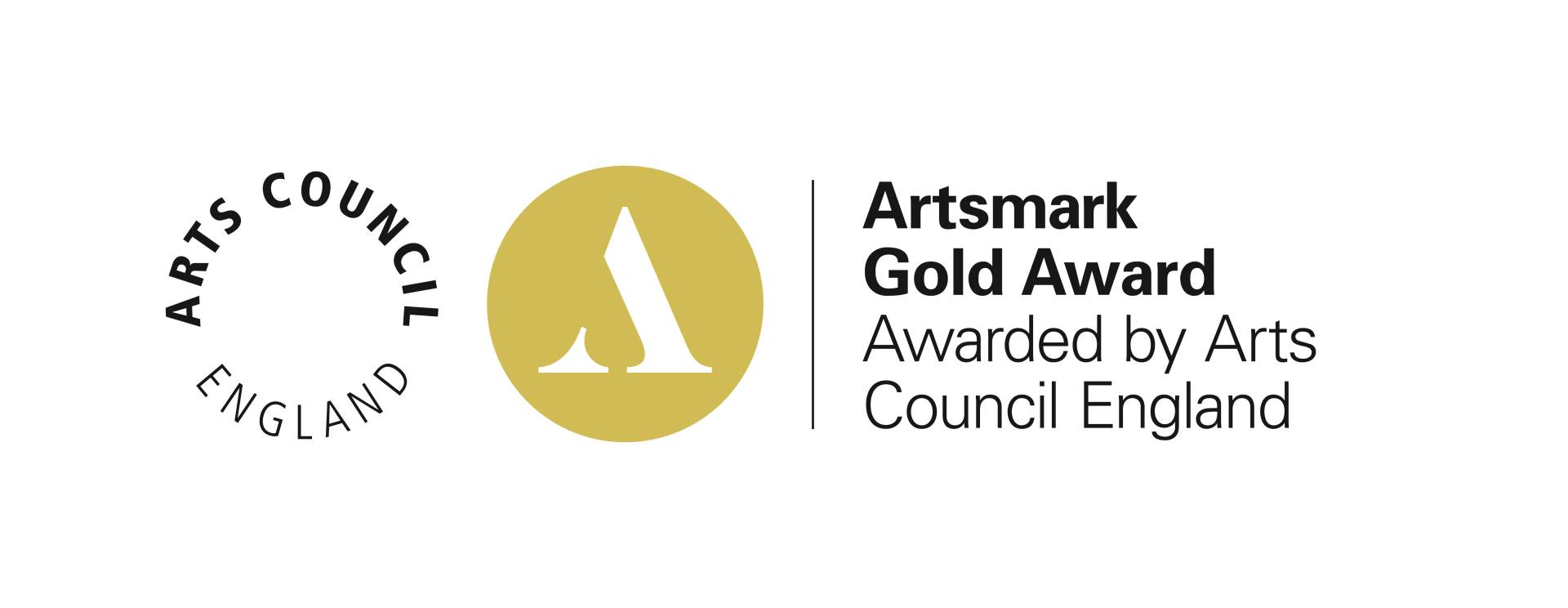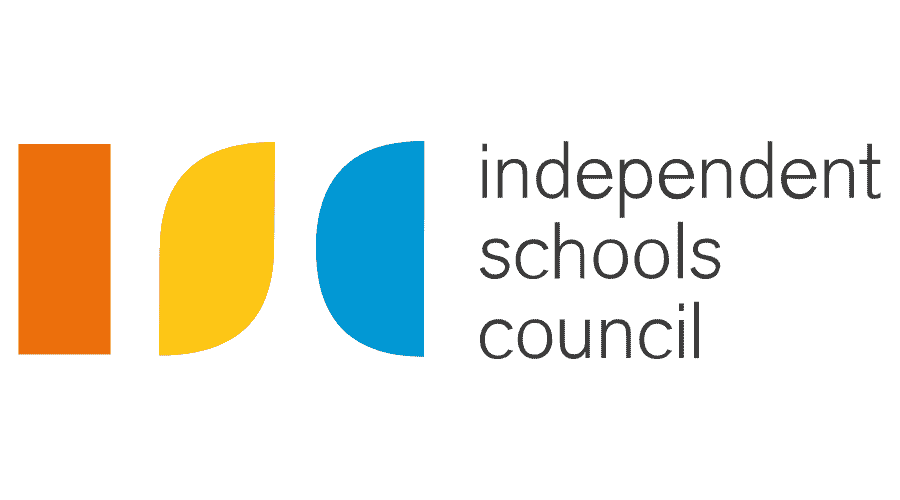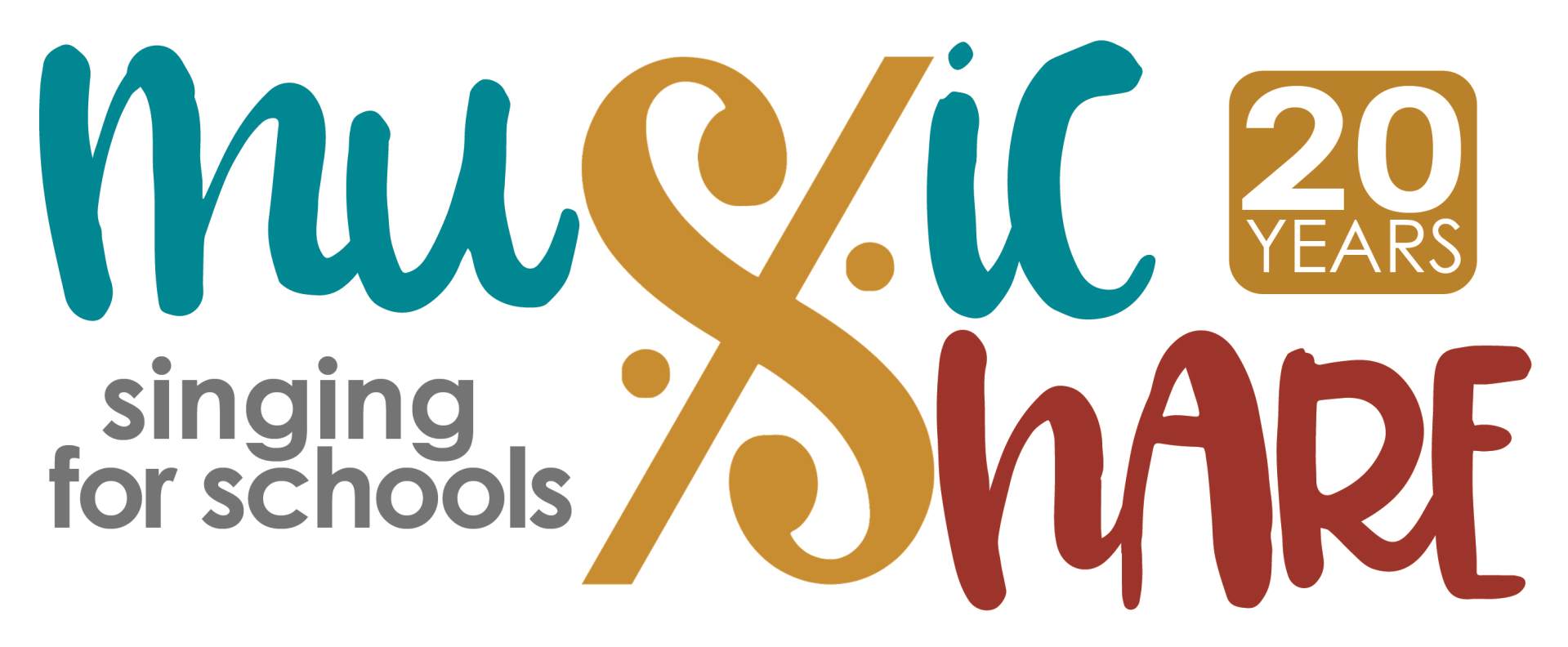Teaching Tolerance
Instability, conflict and human rights abuses are daily occurrences worldwide, often driven by hostility based on religion, belief, ethnicity or culture. Tolerance education can play a crucial role in preparing students to live in peace in our increasingly diverse and often divided world. The United Nations’ Transforming Education Summit in 2022, recognised education is “a foundation for peace, tolerance, other human rights and sustainable development.”
So, what is tolerance education? ‘Teaching tolerance’ is shorthand for a basket of concepts regarding the value of multi-faith understanding, the benefits of pluralism and the importance of human rights and freedom of religion or belief. Because of our increasingly diverse societies, tolerance should be a core component of any basic education.
Schools like ours ensure that all aspects of the school curriculum, from the subjects taught, the text books we use, to the trips, visits and guest speakers we invite, all promote positive views of multi-cultural tolerance, pluralism and human rights.
Teachers and parents have a vital role to play in helping children grow up without prejudice and learn empathy. ‘Learning about tolerance might sound like a wishy-washy idea, but far from being a passive acceptance of things we don’t like, it’s a powerful tool not only to achieve peace in our playgrounds, but also to hone young minds in critical thinking, logic and communication skills,’ says Rhian Seller, one of the organisers of the UN International Day for Tolerance in primary schools.
But tolerance education is a community effort. A healthy ecosystem for multi-cultural understanding requires engagement with parents, community and religious leaders, local government and local support and networking groups. A good example is our engagement with Lichfield’s City of Sanctuary group and our work towards becoming a ‘School of Sanctuary’, and joining the national network of more than 400 primary and secondary schools, nurseries and sixth forms all committed to creating a culture of welcome and inclusion for refugees and people seeking asylum. Driven by teachers, school staff, parents, governors and community groups, this network supports the thousands of young people seeking sanctuary in the UK, raises awareness of the issues facing people in the asylum system, challenges misconceptions and builds social cohesion.
Mme Smith, our Head of Modern Foreign Languages, is the school lead on achieving ‘School of Sanctuary’ status, and she has done incredible work over the last couple of years. Soon you will be seeing orange hearts on display around the school, which demonstrate our support for Together with Refugees, a coalition of organisations and people from all walks of life who believe in treating refugees with care and compassion.
If you would like to learn more about the Lichfield City of Sanctuary, or get involved with their projects, click here https://lichfield.cityofsanctuary.org/
Inservi Deo et laetare














